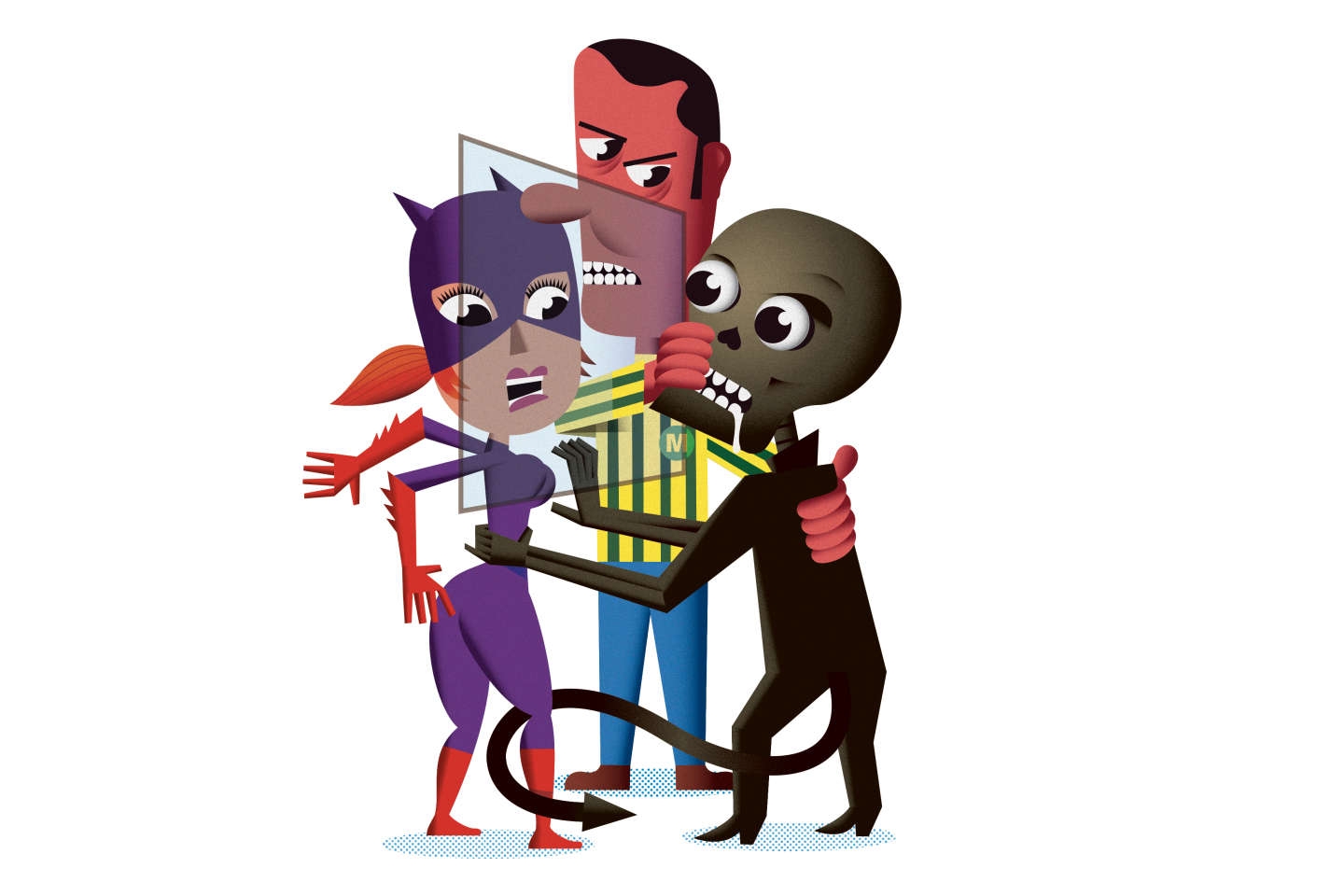With the metaverse, a new step in the difficult fight against sexual assault on the Internet

 ROCCO
ROCCO
After a few minutes immersed in Echo VR, a virtual reality sports game, we hear our first insult. In the reception room, intended for people who have not yet started a game, one player screams at another on the microphone. He suggests, first of all, to him « sucking the anus », before continuing with racist insults. Our guide, a regular of Echo VR, promises us: usually, it’s not that terrible. For our part, we find it difficult to determine if this is a joke between friends or if we have just witnessed a real assault.
In October 2021, Mark Zuckerberg, founder and CEO of Facebook, announced that the goal of his company, renamed Meta for the occasion (in ancient Greek, “beyond, after”), would now be to create a “metaverse”, an immersive and persistent world in which Internet users, equipped with virtual reality headsets, could evolve thanks to 3D avatars. An announcement that also highlighted the projects of other platforms, already developing their own “metaverse”.
It has also revived a fear: that of assaults, especially sexual ones, in virtual reality. Andrew Bosworth, technical director of Meta, himself admits that harassment in a metaverse is “an existential threat” to his company’s ambitions, according to a confidential memo revealed in November by the Financial Times. He also admitted that large-scale moderation was “practically impossible”.
The “VRChat” system, very complex, allows you to adapt your experience according to the people with whom you interact. VRCHAT
“The shock is the same as in real life”
These questions are, however, not new. There are many examples of sexual assault in immersive worlds, whether or not they are virtual reality experiences. In 2016, a user of the shooting game QuiVr told in a blog post that she had been touched in the chest by another player. And as early as 1993, an article by the American journalist Julian Dibbel, “A Rape in Cyberspace”, described how a member of a “MOO” (Multi-user dimension Object Oriented), an online community based on text exchanges, had forced other players to simulate sexual acts.
More broadly, according to a recent study by the Ipsos Institute, 41% of French people (and 81% of 18-24 year olds) have already been victims of online violence. “In a sense, harassment in metaverse is motivated by the same factors that we see on other platforms: we feel disconnected from the consequences of our actions, explains Katherine Cross, American researcher in information sciences at the University of Washington, specializing in online harassment. But there is a fundamental difference, which can make this experience much worse: virtual reality is designed to make us believe that what we are experiencing is true. »
You have 64.46% of this article left to read. The suite is reserved for subscribers.








